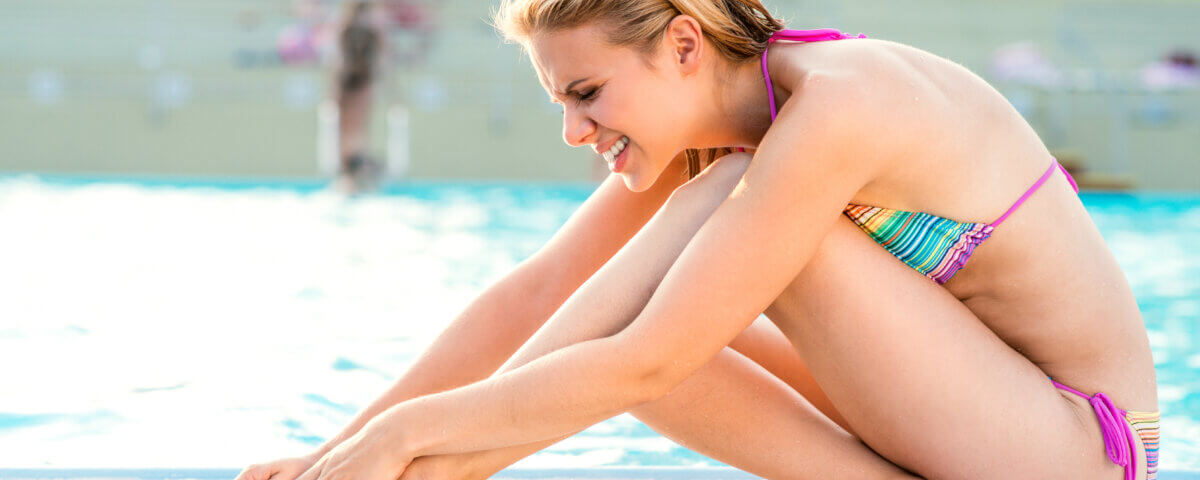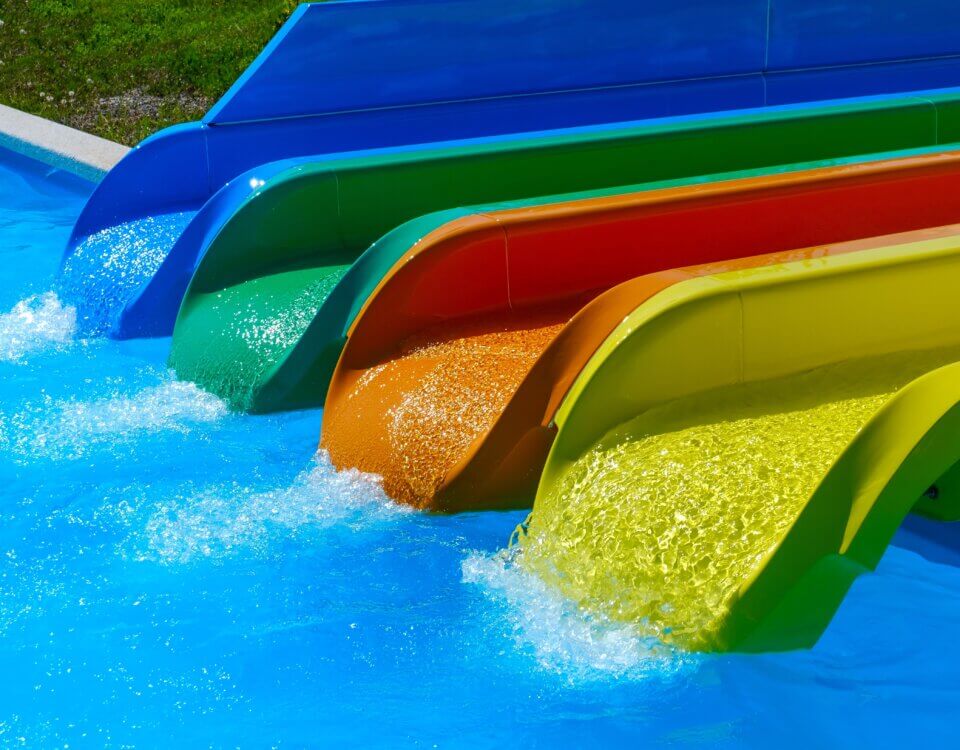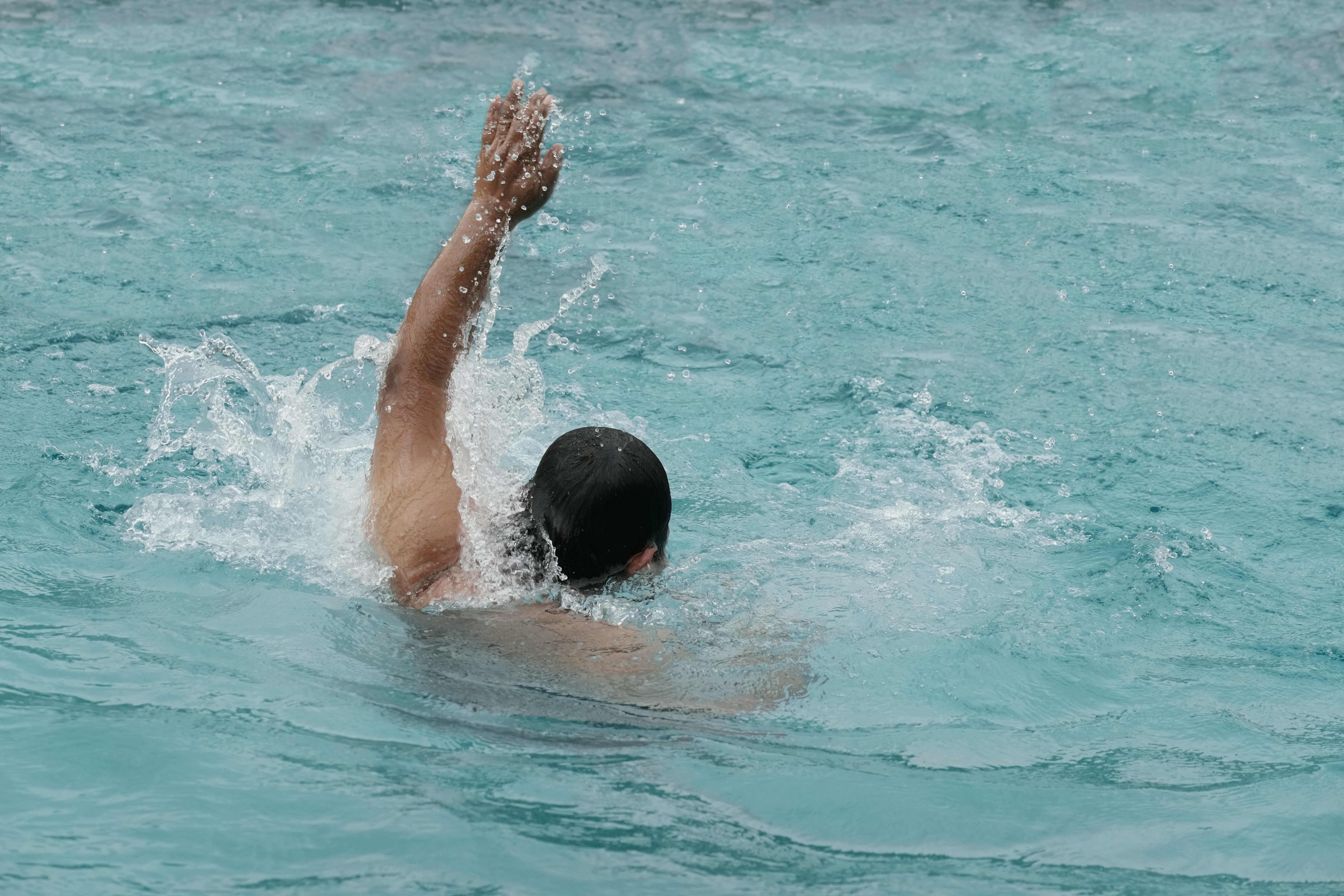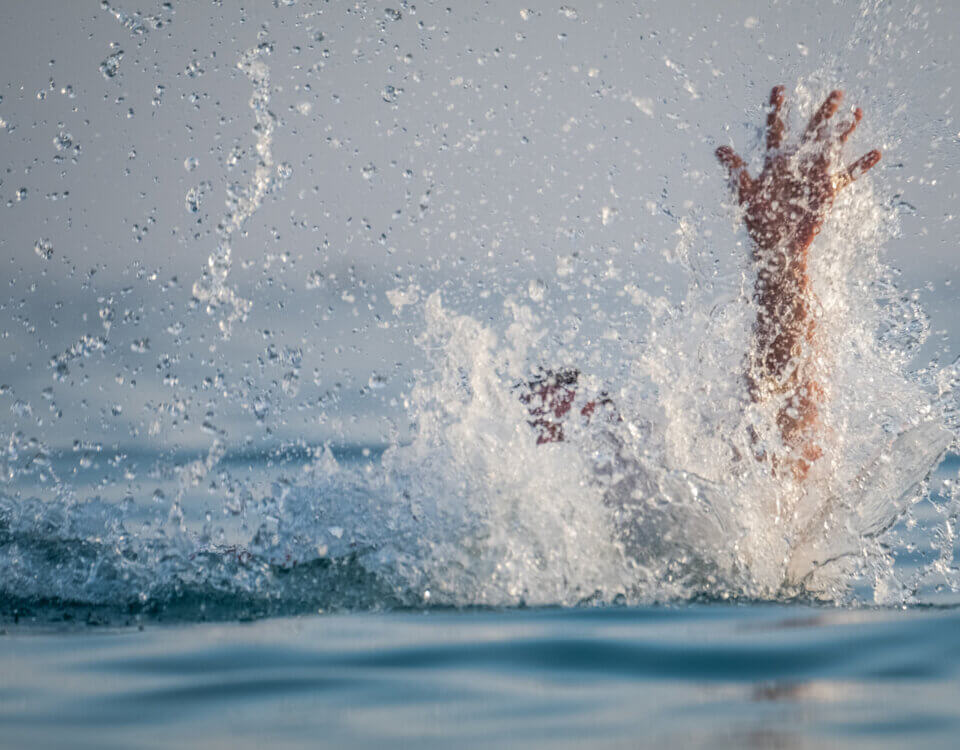Summer is a time for relaxation and fun, but it’s also when swimming pool accidents tend to rise sharply. Families and friends often gather at pools to beat the heat, yet wet surfaces, faulty equipment, and lack of supervision can quickly turn a day of enjoyment into a medical emergency.
At Hillstone Law, we help victims of swimming pool injuries understand their rights and pursue the compensation they deserve when accidents occur due to negligence.
Common Types of Swimming Pool Injuries
Swimming pool accidents can cause anything from minor cuts to life-threatening injuries. Some of the most common include:
- Slips and Falls – Wet pool decks are extremely slippery, leading to sprains, fractures, and head injuries.
- Diving Accidents – Diving into shallow water can cause spinal cord injuries, paralysis, or traumatic brain injuries.
- Faulty Equipment – Broken ladders, defective drains, or unsafe pool covers may result in serious harm.
- Chemical Exposure – Excessive chlorine or poorly maintained pools can lead to burns, rashes, allergic reactions, or respiratory problems.
- Drownings and Near-Drownings – According to the CDC, drowning is the leading cause of death for children ages 1 to 4, and the second leading cause for ages 5 to 14.
Immediate Response and Treatment
The way an injury is handled in the first few minutes can make a significant difference in recovery:
- Minor Scrapes or Cuts: Clean the wound with water and apply antiseptic.
- Fractures or Dislocations: Immobilize the injured area and seek immediate medical care.
- Head, Neck, or Spinal Injuries: Avoid moving the victim unless absolutely necessary.
- Drowning Incidents: Administer CPR if trained, and call emergency services right away.
Preventing Swimming Pool Accidents
Prevention is always the best protection. Property owners and managers should:
- Install slip-resistant surfaces around the pool
- Ensure proper lighting for nighttime swimming
- Enforce safety rules, including no running or diving in shallow areas
- Provide adult supervision whenever children are in the pool
- Regularly inspect and maintain pool equipment and chemical levels
The Importance of First Aid Training
Having first aid knowledge can save lives in pool-related emergencies. Training typically includes CPR, the use of Automated External Defibrillators (AEDs), and techniques for treating fractures, burns, and allergic reactions. Pool owners, lifeguards, and frequent swimmers are strongly encouraged to undergo this training.
Legal Options After a Swimming Pool Injury
If your injury was caused by unsafe conditions, faulty equipment, or lack of proper supervision, you may be entitled to compensation. Damages may include:
- Medical expenses and rehabilitation
- Lost wages and reduced earning capacity
- Pain and suffering
- Emotional distress
- Long-term care for serious injuries
How Hillstone Law Can Help
At Hillstone Law, we understand the devastating impact a swimming pool injury can have on you and your family. Our dedicated attorneys will:
- Investigate the cause of the accident
- Identify negligent parties, such as property owners or pool maintenance companies
- Work with medical and safety experts to strengthen your case
- Fight to secure the maximum compensation available
If you or a loved one has suffered a swimming pool injury, contact Hillstone Law today for a free consultation and let us help you pursue justice.




